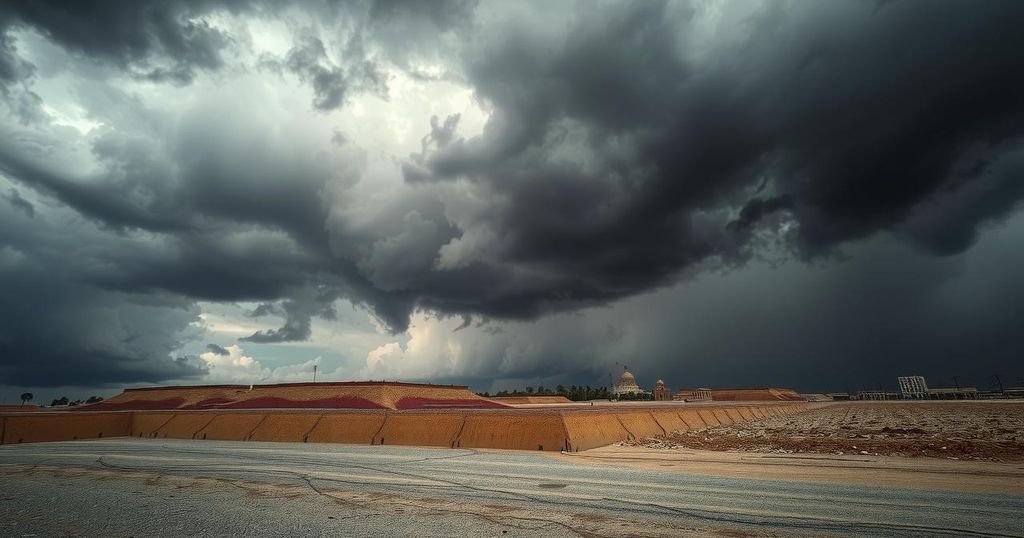Global news
AFRICA, ANGOLA, BE, BEHALAL, CIVIL WAR, CONFLICT RESOLUTION, CONGO, CONGO (KINSHASA), CONGO RIVER ALLIANCE, DEMOCRATIC REPUBLIC OF CONGO, EUROPEAN UNION, GLOBAL INITIATIVE AGAINST TRANSNATIONAL ORGANIZED CRIME, KINSHASA, LUANDA, MILITARY, NORTH AMERICA, REUTERS, SEXUAL VIOLENCE, TS, TSHISEKEDI, UNITED STATES, WEST AFRICA, ZOBEL BEHALAL
Fatima Khan
0 Comments
M23 Rebels Withdraw from Peace Talks After EU Sanctions Imposed
M23 rebels have exited peace talks with the Congolese government due to EU sanctions imposed against them and Rwandan officials. The conflict, rooted in historical grievances and resource competition, has escalated sharply since January, leading to significant casualties. The Congolese government will still attend discussions in Angola, emphasizing the importance of negotiations despite the rebels’ withdrawal.
On Monday, the M23 rebels withdrew from peace talks with the Congolese government, just one day ahead of scheduled negotiations in Angola amidst ongoing conflict in eastern Congo. This decision followed the European Union’s imposition of sanctions targeting M23 and Rwandan officials, which the rebel group claimed obstructed the anticipated discussions.
The Congo River Alliance announced the withdrawal, stating that EU actions hindered the possibility for direct talks, despite M23’s longstanding demand for negotiations with the Kinshasa government. Initially resistant, President Felix Tshisekedi had agreed to participate after recent military setbacks and pressure from Angola, a key ally.
Following the rebels’ retreat, a government spokesperson confirmed that the Congolese delegation would still attend the talks in Luanda, emphasizing the importance of mediating direct discussions. This prolonged conflict, originating from Rwanda’s 1994 genocide and fierce competition over mineral resources, has been exacerbated since January, resulting in significant fatalities and mass displacements.
The conflict has intensified with allegations that Rwanda is supplying arms and troops to support M23, claims which Rwanda contest by asserting their actions are defensive against threats from Congolese militias. The newly implemented EU sanctions have notably targeted sectors like Rwanda’s mines and a gold refinery—a critical economic area tied to the ongoing hostilities.
Zobel Behalal, a senior expert on transnational crime, noted this recognition of natural resource profits as a driving force in Rwanda’s involvement and lamented the impact of sanctions on dialogue efforts. In response, Rwanda severed diplomatic relations with Belgium, accusing it of promoting a negative agenda against Kigali, a move characterized by Belgium’s Foreign Minister as excessive.
The M23 rebels’ withdrawal from peace talks with the Congolese government highlights the complex interplay between sanctions, diplomatic relations, and ongoing conflict in the region. The situation underscores the challenges of achieving peace amid continued military activity and accusations of foreign intervention, while the economic motivations tied to resource exploitation remain pivotal. The commitment of the Congolese government to proceed with dialogue indicates a willingness to seek resolution despite setbacks.
Original Source: www.straitstimes.com




Post Comment